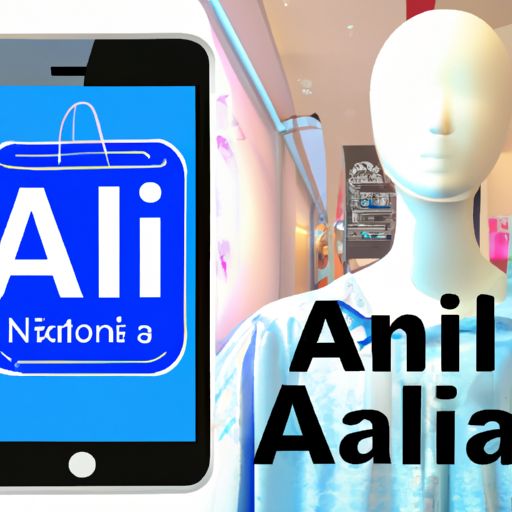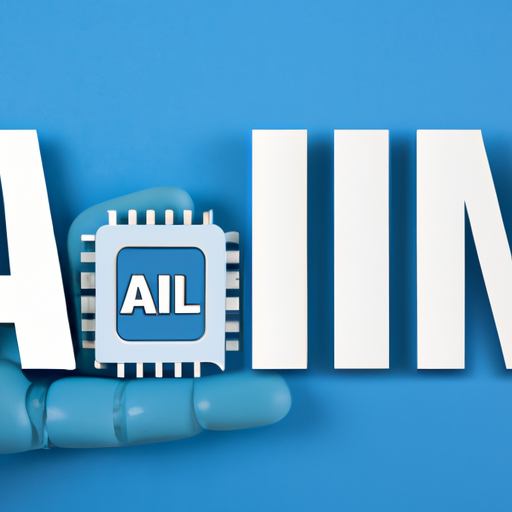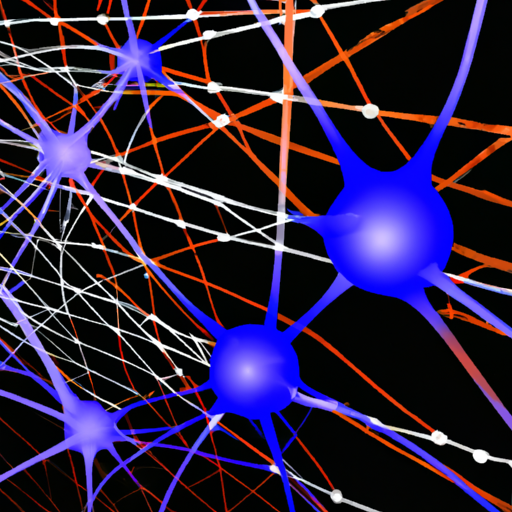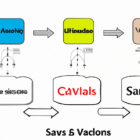In the rapidly evolving landscape of technology, artificial intelligence (AI) is emerging as a potent catalyst for positive social change. Various innovative initiatives leverage AI for social good, significantly impacting community development and enhancing the well-being of people around the globe. In this blog post, we explore the various ways AI is being utilized to create a meaningful social impact.
1. Addressing Global Challenges with AI
From climate change to healthcare disparities, AI is being deployed to tackle some of the world’s most pressing issues. For instance, AI algorithms analyze complex data sets to predict natural disasters, allowing for timely interventions and potentially saving lives. Additionally, in the healthcare sector, AI helps in diagnosing diseases at an early stage, enabling better patient outcomes.
2. Enhancing Education Access
AI is revolutionizing education by personalizing learning experiences and making quality education accessible to all. Tools powered by machine learning can assess a student’s grasp of subjects and provide customized learning paths, ensuring that no one gets left behind, regardless of their geographical or socio-economic status.
3. Supporting Humanitarian Efforts
Non-profits and NGOs are increasingly utilizing AI to optimize their operations and enhance the effectiveness of their programs. Platforms equipped with AI capabilities can analyze trends in data to direct resources where they are most needed, ensuring that aid reaches the most vulnerable populations in crisis situations.
4. Promoting Sustainable Development
AI applications in agriculture, such as precision farming and resource management, foster sustainable practices that can lead to increased food security while minimizing environmental impacts. By maximizing crop yields and reducing waste, farmers can contribute to a more sustainable future.
5. Amplifying Voices through AI
AI tools can help amplify marginalized voices by analyzing social media trends and sentiments. This data can provide insights into public opinion, enabling advocacy groups to better address injustices and engage in more impactful dialogues.
Conclusion
The potential of AI for social good is vast and continually evolving. As we harness this technology, it is vital to do so ethically and inclusively, ensuring that benefits are shared broadly and equitably. By investing in AI initiatives that prioritize social impact, we can build a brighter future for all.
Join the conversation on how AI can foster social good, and let’s work towards a better, more equitable world for future generations.
Keywords: AI for social good, artificial intelligence, social impact, machine learning, community development, technology for good













